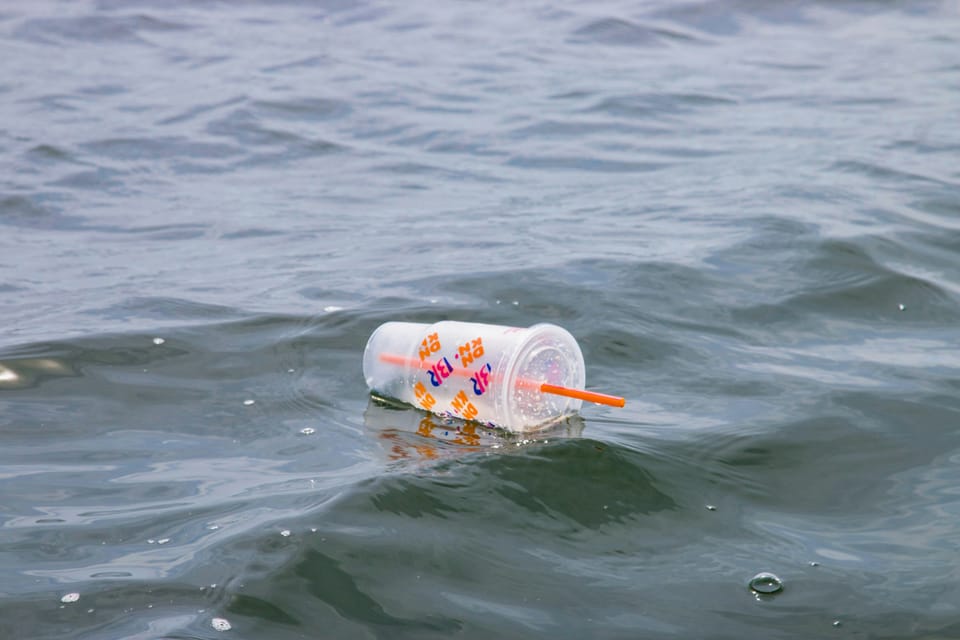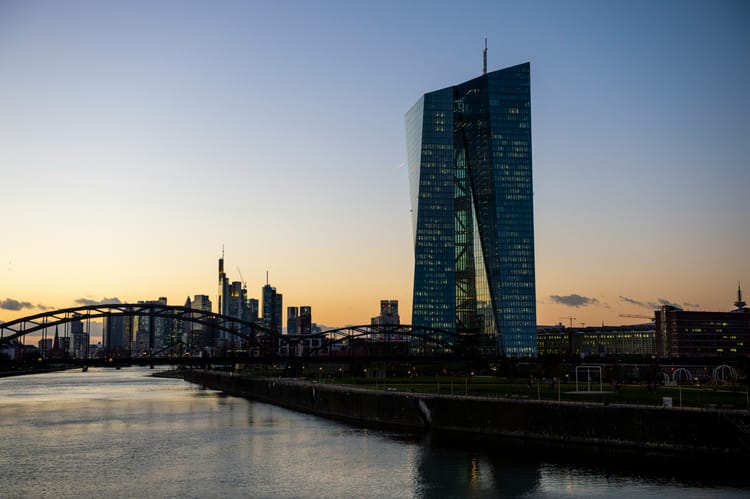Global Plastics Treaty collapse: ‘fragmented’ transition ahead
“The downstream effects will be felt across the plastics value chain."

INC-5.2 negotiations ended without a Global Plastics Treaty last Friday – and with no certain path forward for global negotiations, companies and analysts believe the transition is now likely to be fragmented.
For those following Global Plastics Treaty negotiations over the last three years, the outcome of last week’s Geneva meeting is a deep disappointment. Talks quickly collapsed after the INC-5.2 Chair yielded to pressure by oil-producing nations to water down the agreement and make it mostly voluntary.







